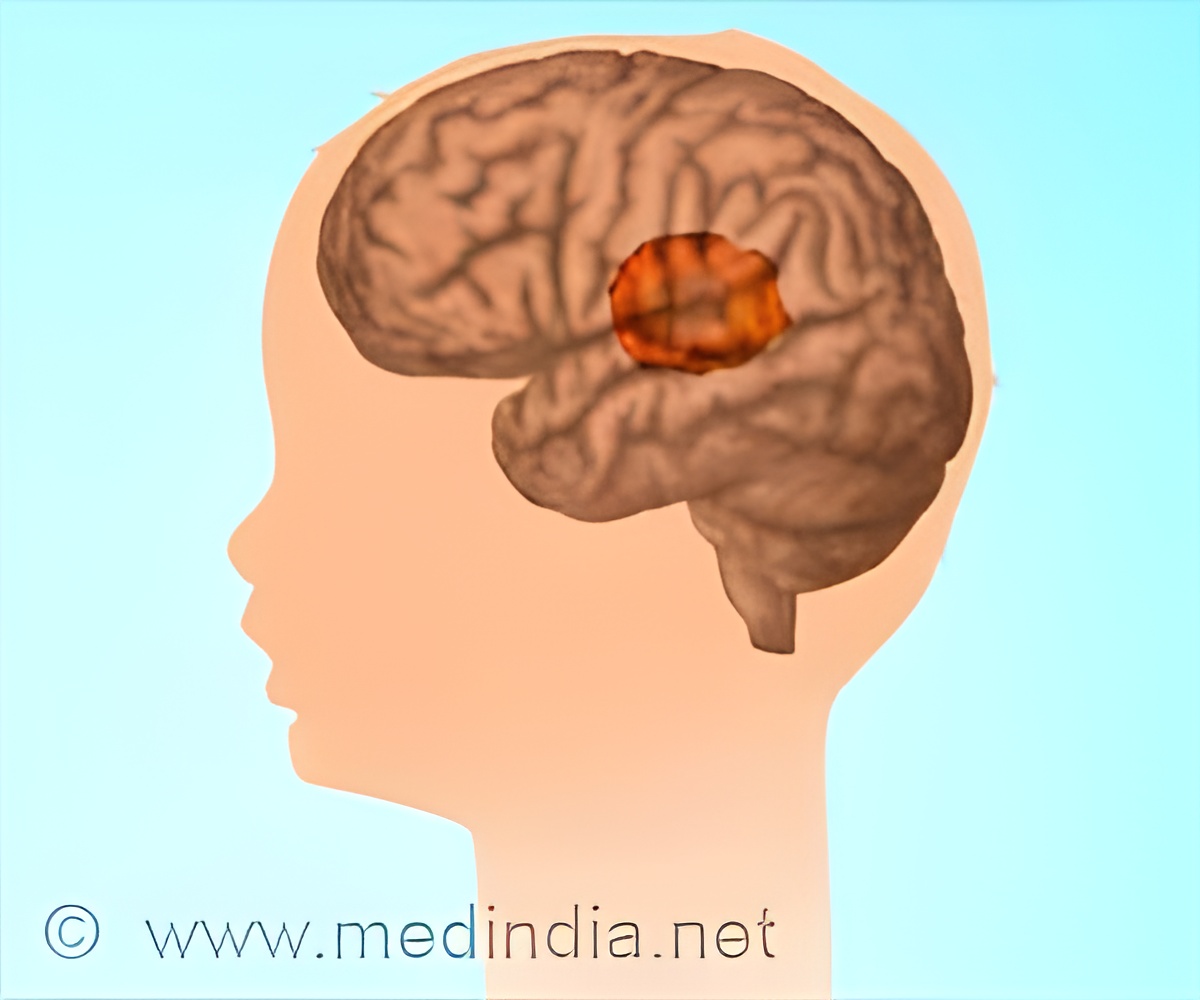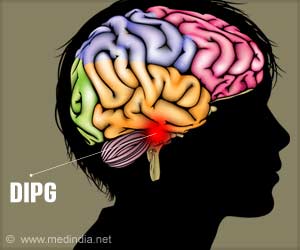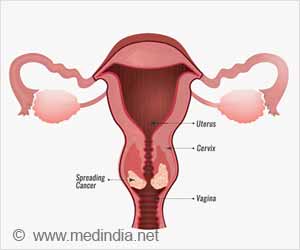Tumors in babies may vary from older patients. A new study suggests that babies with brain tumors could benefit from targeted treatment.

‘Brain tumor in infants is biologically distinct from other childhood brain cancers and could be successfully treated with targeted treatment.’
Read More..




Read More..
- Tumors in infants biologically distinct from older patients
- Study finds genetic vulnerabilities to existing targeted drugs
- Clinical trials to offer hope for families of youngest patients
Babies and very young children, diagnosed when they are less than 12 months old, tend to have a better outcome - with around two thirds surviving five years or more.
In the largest and most comprehensive study of infant gliomas to date, scientists found that these tumors are molecularly different from those in older children, helping explain why they tend to be less aggressive.
The new results could help pick out babies with brain tumors who could be spared chemotherapy - which can have devastating side-effects and be particularly harmful while their brain is still developing.
The study found that brain tumors in babies often had specific molecular weaknesses which could be targeted by existing targeted drugs - and clinical trials to assess these are now set to open.
Advertisement
The researchers found that 130 of the 241 tumor samples - or 54 per cent - had an entirely different genetic make-up from other forms of childhood brain tumors, despite looking highly similar under the microscope.
Advertisement
The study is published in Cancer Discovery, and was funded by charities including the CRIS Cancer Foundation, The Brain Tumor Charity, Children with Cancer UK, Great Ormond Street Hospital Children’s Charity, and Cancer Research UK.
Next, the team looked at mice with brain tumors caused by ALK gene fusions to compare the effect of a targeted drug, lorlatinib, which works by blocking ALK, with temozolomide chemotherapy.
They found that lorlatinib significantly shrunk tumors in seven out of eight mice, or 88 per cent, while tumors in mice given chemotherapy kept growing, though at a slower rate.
The researchers also grew three-dimensional ’mini tumors’ in the lab from patient samples, and found those that had fusions of NTRK with other genes were particularly sensitive to drugs blocking NTRK. Tumors with these fusion mutations were between two and nine times more sensitive to the targeted treatments entrectinib, crizotinib and milciclib than those without.
A small number of children whose tumors were analysed in the study were successfully treated with ALK or NTRK targeting drugs, offering further evidence for the promise of targeted treatments for infant brain tumors.
Clinical trials are due to open to test the benefit of targeted drugs blocking the ALK and NTRK gene fusions in infant brain tumors - and to better understand the biology of tumors which don’t have these faults.
The new results are also set to change the World Health Organization’s diagnostic guidelines, with brain tumor in infants to be classed separately from other childhood brain tumors.
Professor Chris Jones, Professor of Paediatric Brain Tumor Biology at The Institute of Cancer Research, London, said:
"We found that glioma brain tumors in babies are biologically completely different to those in older children, even though under the microscope they look much the same.
"Our study offers the biological evidence to pick out those infants who are likely to have a better outcome from their disease, so these very small children and their families can be spared the harmful effects of chemotherapy.
"We showed that brains tumors in infants have particular genetic weaknesses that could be targeted with existing drugs - and clinical trials are planned to test the benefit of these precision medicines as a first-line treatment in clinical trials as soon as possible."
Dr Matthew Clarke, Clinical Research Fellow in the Glioma Team at The Institute of Cancer Research, London, said:
"Brain tumors that arise in the very youngest children tend to have better outcomes from those in older children - and our new study explains that difference on a biological level.
"Chemotherapy is currently a good treatment option for babies with brain tumors - but our study has found that some children could be spared this treatment. With further testing, I’m hopeful that existing targeted drugs could expand our arsenal of options to treat these smallest of patients."
Professor Paul Workman, Chief Executive of The Institute of Cancer Research, London, said:
"It’s especially cruel when cancer affects such small children, so it is encouraging that this study offers some hope for very young patients and their families. The research offers a better understanding of the biology of brain tumor in infants, and finds that they might potentially be treated with new targeted drugs. That’s vitally important because infants are particularly vulnerable to the side effects from standard treatments such as chemotherapy, and we need much better, kinder options."
Source-Eurekalert














